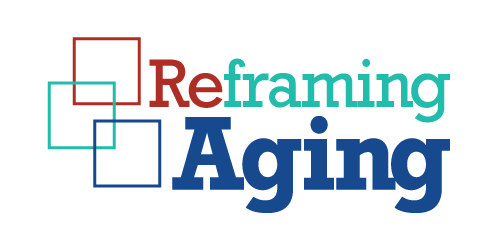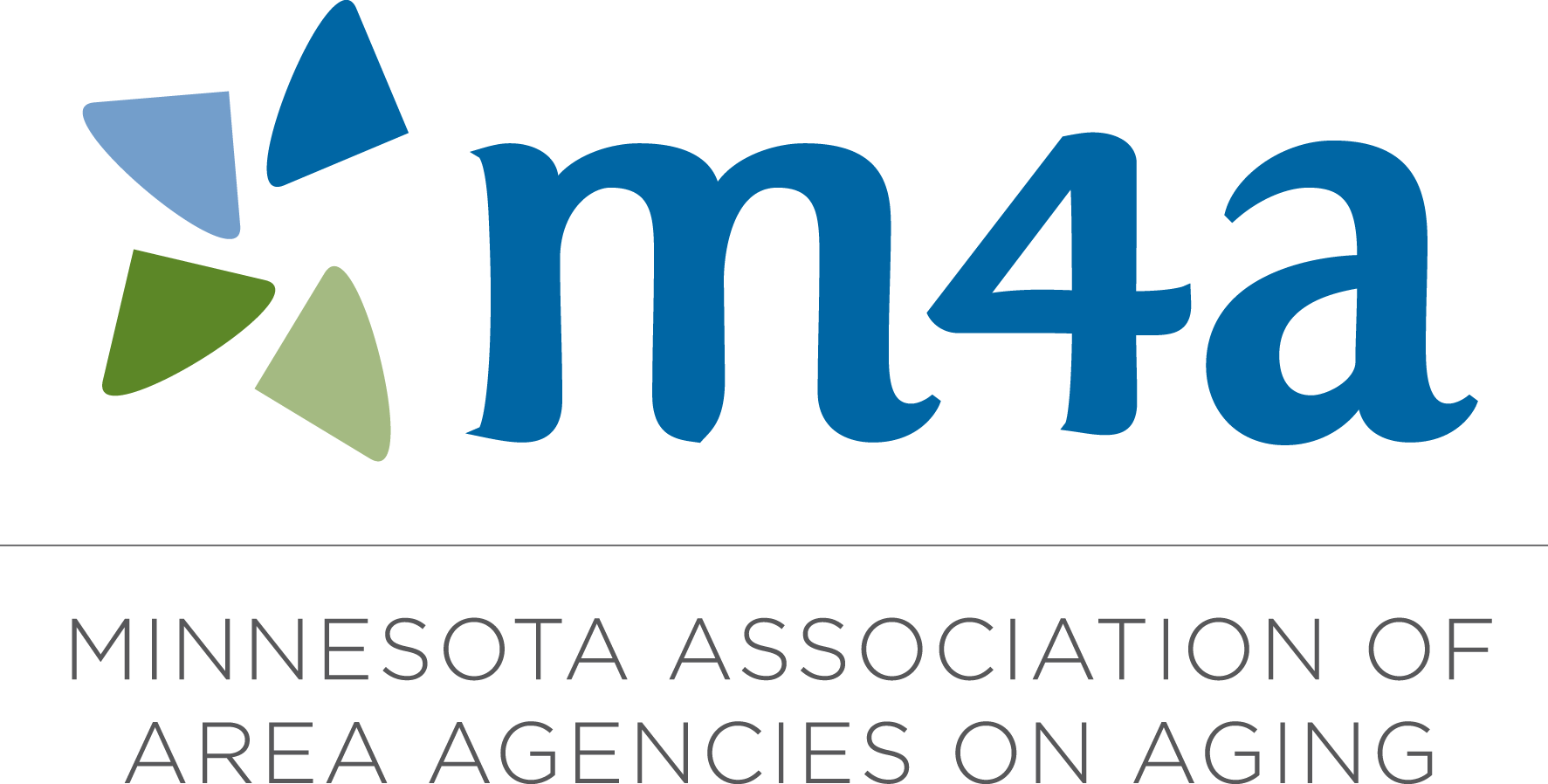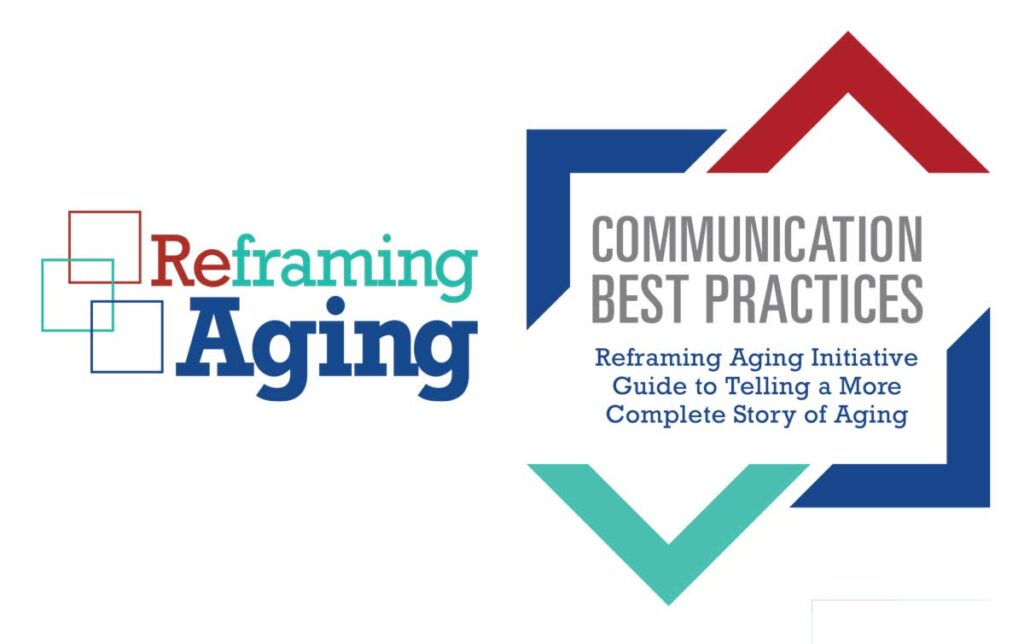Reframing Aging is a social-change endeavor designed to improve public understanding of aging and the many contributions older people bring to society. It focuses on how we talk about and communicate about the aging process.

Language matters, and how we communicate profoundly impacts those hearing the message. Through its efforts, the initiative counters ageism and guides communities — and ultimately the nation — in approaches to policies and programs that support us as we move through the life course. The Gerontological Society of America leads the initiative on behalf of the leaders of aging organizations. Anyone can join in this work and everyone is affected by the outcome.
Reframing Aging is centered on how we frame our messages about aging. Public perception of aging currently focuses on disability and loss of independence. These views do not accurately reflect the aging process for most people, and they create fear and promote ageism.
Research shows that the communication frames detailed in the Reframing Aging initiative are effective in changing public perception. When we use these frames, KNOWLEDGE about aging increases, ATTITUDES toward actions and solutions shift and POLICY SUPPORT for programs and funding grows.
Reframing Aging recommends the following strategies:
- Use language that is inclusive and free of age bias
- Highlight the diversity that exists in our older population
- Talk affirmatively about changing demographics
- Emphasize collective responsibility and social context
- Talk about aging as a dynamic process that can benefit society
- Always define ageism when you use the term
- Include concrete system-level solutions
- Incorporate the concepts of justice and ingenuity
In addition, remember that words matter. Using age-inclusive, bias-free language is the cornerstone of improving people’s understanding of aging.
For more details, examples and context about the initiative, read the Reframing Aging Communication Best Practices guide or call your local Area Agency on Aging to request a copy.

